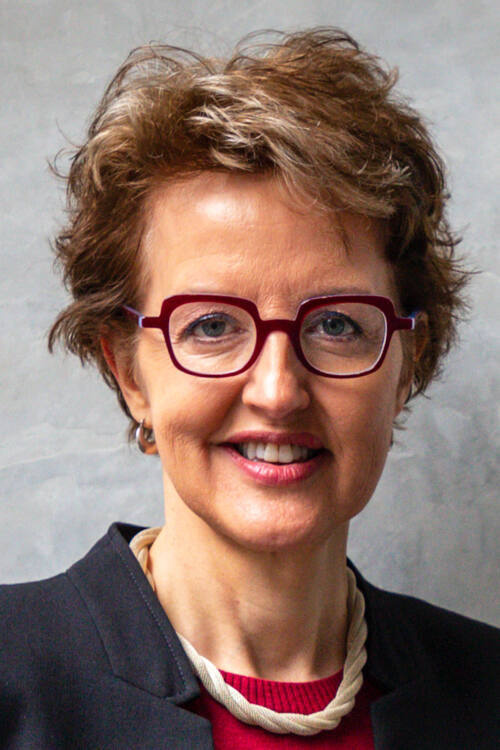
SCSB Colloquium Series: Etiology and impact of Corpus Callosum Dysgenesis
Description
Date: May 11, 2022
Location: Zoom Webinar – Registration Required
Register in advance for this webinar: click here
* After registering, you will receive a confirmation email containing information on how to join the webinar.
Speaker: Linda Richards, Ph.D.
Affiliation: Edison Professor and Chair, Department of Neuroscience; Director, McDonnell Center for Cellular & Molecular Neurobiology, Washington University School of Medicine
Host: Dr. Mriganka Sur
Talk title: Etiology and impact of Corpus Callosum Dysgenesis
Abstract: The corpus callosum is the largest fiber tract in the brain and connects the two cerebral hemispheres in placental mammals. Corpus Callosum Dysgenesis (CCD) in humans occurs in around 1:4000 live births either in isolation or as part of more complex congenital syndromes. People with CCD often display a core cognitive syndrome which includes slowed cognitive processing, restricted processing of complex and novel tasks and limited interhemispheric transfer of sensory-motor information (Brown and Paul 2019). In this seminar I will discuss the underlying etiology of CCD and how glial populations, regulated by specific molecular pathways, are critical for remodeling the midline, providing a crucial substrate for the growth of callosal axons. Callosal axons that would otherwise have crossed the midline instead form ectopic ipsilateral projections known as Probst bundles. CCD causes rewiring of the remaining axonal pathways in the brain demonstrating that the brain is capable of a remarkable degree of long-range axonal plasticity. In addition to the molecular regulation of CCD, we hypothesize that activity-dependent mechanisms are also important for interhemispheric connectivity. To study these early mechanisms, we have established a new laboratory animal model, the fat-tailed dunnart, a small mouse-sized marsupial. Dunnart young develop in the pouch and are born at the equivalent of a 7-week gestation human or embryonic day 10 mouse, allowing us to study early brain development in vivo at stages equivalent to in utero stages in rodents and humans. I will discuss our latest results using this animal model and evidence of evolutionarily conserved patterns of activity in the developing brain.

